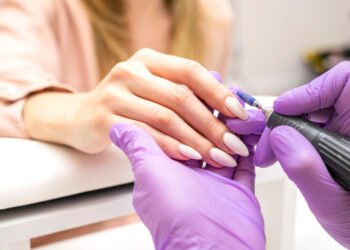Blood glucose meters have been helping people with diabetes monitor their blood sugar or glucose levels. These devices help doctors determine the kinds of medications that would best benefit diabetics in terms of managing their health condition. Those with diabetes cannot process glucose properly in their bodies because of a lack of insulin. The glucose levels in their blood can thus vary greatly, either too high or too low, causing serious effects. Monitoring the blood sugar levels lets patients their healthcare providers make sure the levels remain within safe limits.
What your Findings Mean
Testing your blood glucose level is dependable and accurate way to monitor diabetes. It tells your doctor how well the medications you have been prescribed with, your physical activity, and diet are complementing each other. The glucose level is measured as millimoles of sugar per liter of blood (mmol/L). Typically, the blood glucose level for people who have diabetes would be:
- 4-7 mmol/L before meals.
- Less than 10 mmol/L 90 minutes after meals.
- 8 mmol/L before going to bed.
If your blood sugar is too high or too low, you at risk and you must get your situation stabilized immediately. Also, you must learn to recognize the signs that you have either a high or low blood glucose level.
Kinds of Glucose Meters
To test your glucose, you need a glucose meter. There are different types of glucose meters you can find on the market. These include the following:

- Traditional meters. These glucose meters provide patients a one-time snapshot of their blood glucose levels. This involves pricking the finger to draw blood samples.They can include data management software that lets users track their blood sugar levels over time.
- Continuous glucose monitors. These meters offer readings every few minutes, 24 hours per day. They don’t involve pricking the finger; however, instead, they use a hair-thin probe inserted under the skin in the upper arm area. Most of them can work continuously for up to 5-7 days and are then changed.
- Multiple blood chemistry test systems. These devices let users check for more than blood sugar. They can be used to get readings on cholesterol, lipids, and ketones.
Choosing the Right Model
The right blood glucose meter for you often depends on your health needs and your doctor’s recommendation. While some models are designed for those with poor eyesight, others include a memory that can store your results. When choosing a glucose meter, try to look at different models to find some that provide rebates. Also, have a budget for supplies like lancets and test strips. Choose a device that is easy to use.







